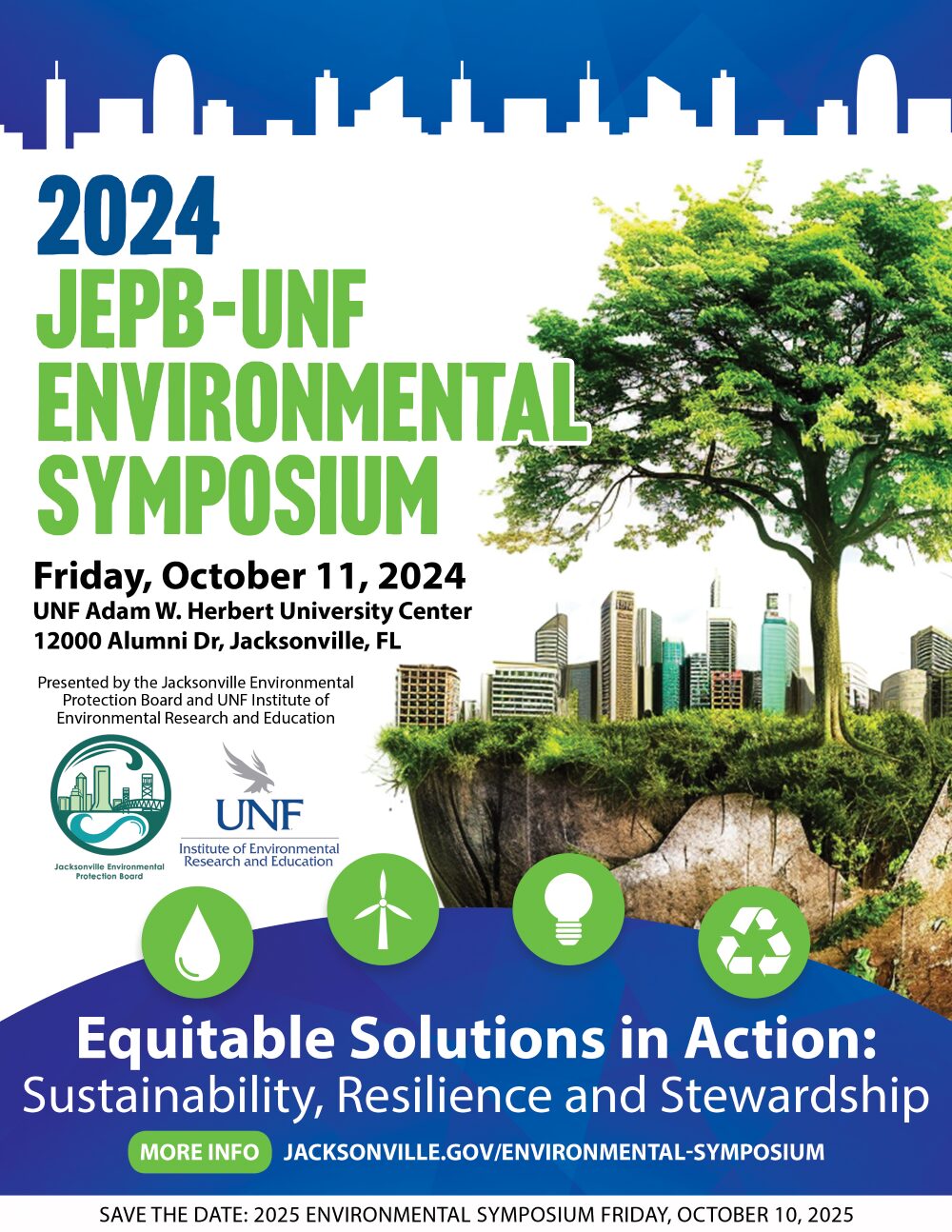A total of $19 million is being given to Dillard University and their partners to reduce pollution and advance climate resiliency to natural disasters in the St. Tammany and Washington Parishes of Louisiana. This funding will improve transportation access by providing up to 300 families with e-bikes; expanding bike sharing programs; and installing EV chargers. Several buildings will be retrofit with energy efficient HVAC systems, solar, and energy storage so they can serve as community resilience hubs during emergencies. The university will also launch new non-degree certificate programs in clean energy and climate resilience.
Today marks a pivotal moment for Dillard University and the Greater New Orleans community as we celebrate this transformational grant from the EPA,” said Dr. Monique Guillory, Interim President of Dillard University. “This funding reflects our dedication to sustainability and resilience and highlights the power of collaboration with our community partners. Together, we are poised to address critical environmental challenges and empower our community, ensuring a brighter, more sustainable future for all.
“At United Way of Southeast Louisiana, we are committed to fostering financial stability for our families and empowering them to take meaningful action toward environmental resilience. Through initiatives like the new monthly orientations, job referrals, and sustainable infrastructure improvements at our Prosperity Centers, together with our partners, we are creating a community where every family has the resources and opportunities to thrive,” said Michael Williamson, President and CEO, United Way of Southeast Louisiana.
“Louisiana Green Corps is thrilled to be part of these historic awards for our city and is committed to shaping a sustainable future where racial equity, economic growth and environmental stewardship all go hand in hand. To grow the equity we seek for our region we need workforce development partnerships like these to ensure local residents benefit from our city’s current and future economic and environmental revitalization efforts,” said Ryan Mattingly, Executive Director Louisiana of Green Corps.”
“President Biden’s American Climate Corps is a groundbreaking initiative modeled after Franklin D. Roosevelt’s Civilian Conservation. Following the inaugural cohort’s swearing-in this year, the ACC Hub estimates more than 9,000 American Climate Corps members – nearly halfway to the goal of 20,000 members in year one – are already serving across the country, going to work conserving and restoring our lands and waters, bolstering community resilience, deploying clean energy, implementing energy efficient technologies, advancing environmental justice and more.
The Comprehensive Climate Action Plan Kickoff in Jacksonville, Florida marks the launch of regional sector roundtables and outlines the timeline to complete Northeast Florida’s first Regional Comprehensive Climate Action Plan and Greenhouse Gas Inventory, due to the EPA in 2025. Attendees will review the Regional Priority Climate Action Plan (PCAP), receive updates on implementation grants, and discuss local survey results and national strategies.”
Meanwhile, in Jacksonville, Florida the team at GTE has been heavily steeped in new sustainability and resiliency initiatives with Duval Soil and Water, LISC Jacksonville, Guana Tolomato Matanzas Reserve (GTM), LISC Jacksonville, Riverview Community Coalition, Timucuan Ecological and Historical Preserve, the Gullah Geechee Corridor, and the St. John’s River Keepers.
Join the JEPB-UNF Environmental Symposium to meet professionals and organizations with a foundational understanding of climate resiliency, emerging information technologies, exploring the components of digital business models, and equipping you with innovative implementation and design techniques for success in this advance digital age.
Ribault Resiliency Climate-Flood Mitigation Report
| EPA invites EJ advocates to participate in its monthly National EJ Community Engagement calls. The purpose of these calls is to inform communities about EPA’s environmental justice work and enhance opportunities to maintain an open dialogue with environmental justice advocates. As environmental justice continues to be integrated into EPA programs and policies, the Agency hopes that relaunching these calls will help reaffirm EPA’s continued commitment to work with community groups and the public to strengthen local environmental and human health outcomes. |


